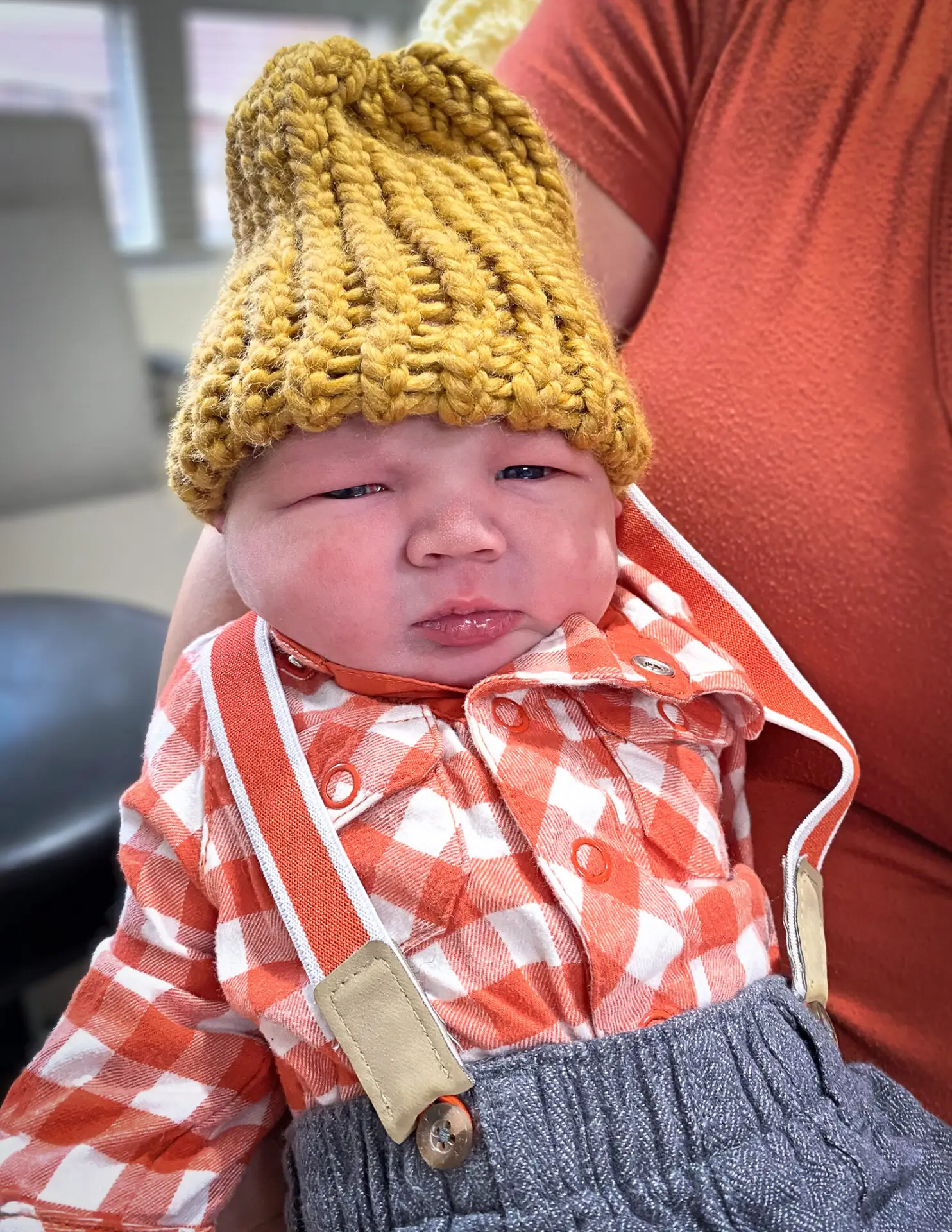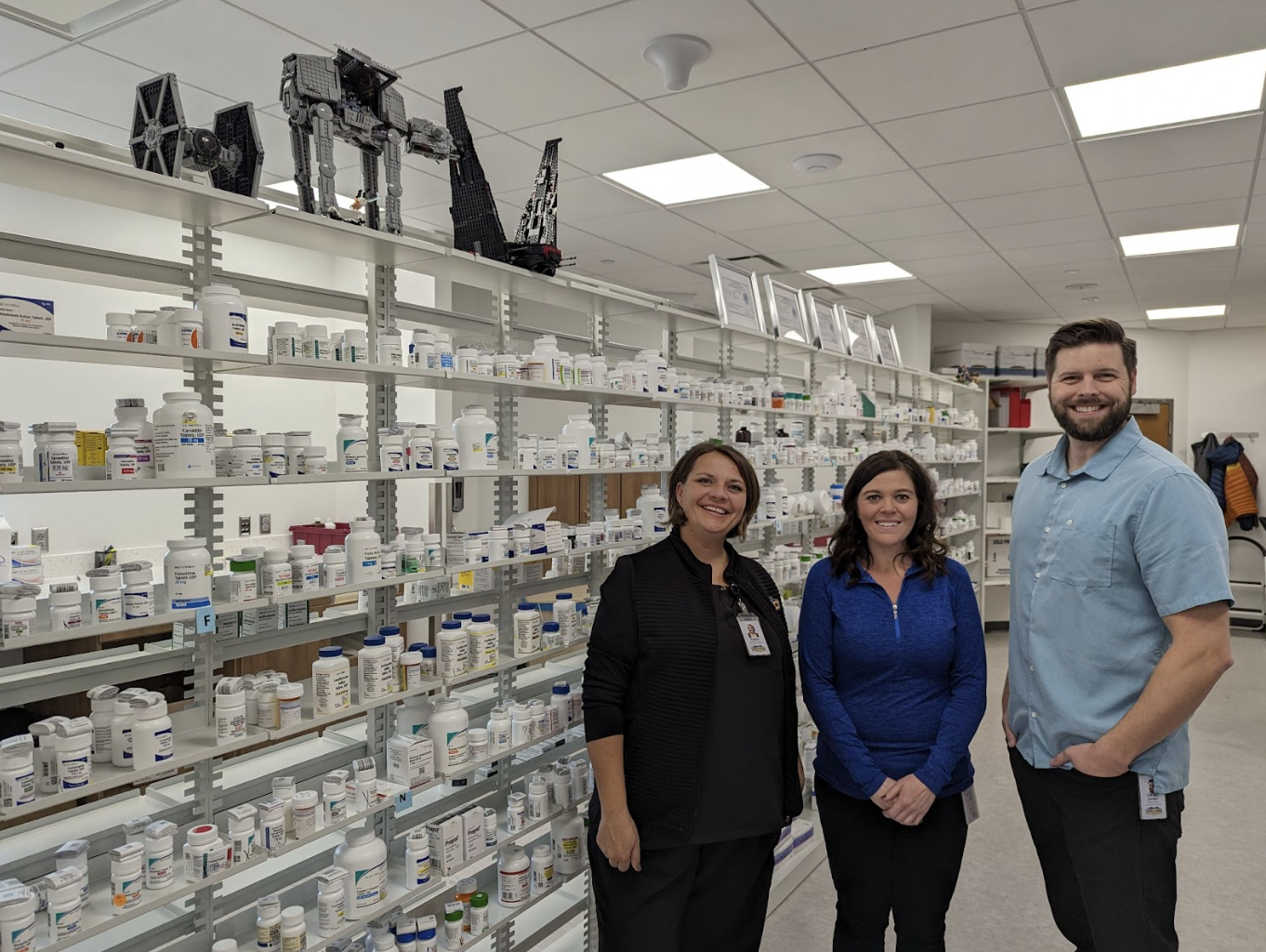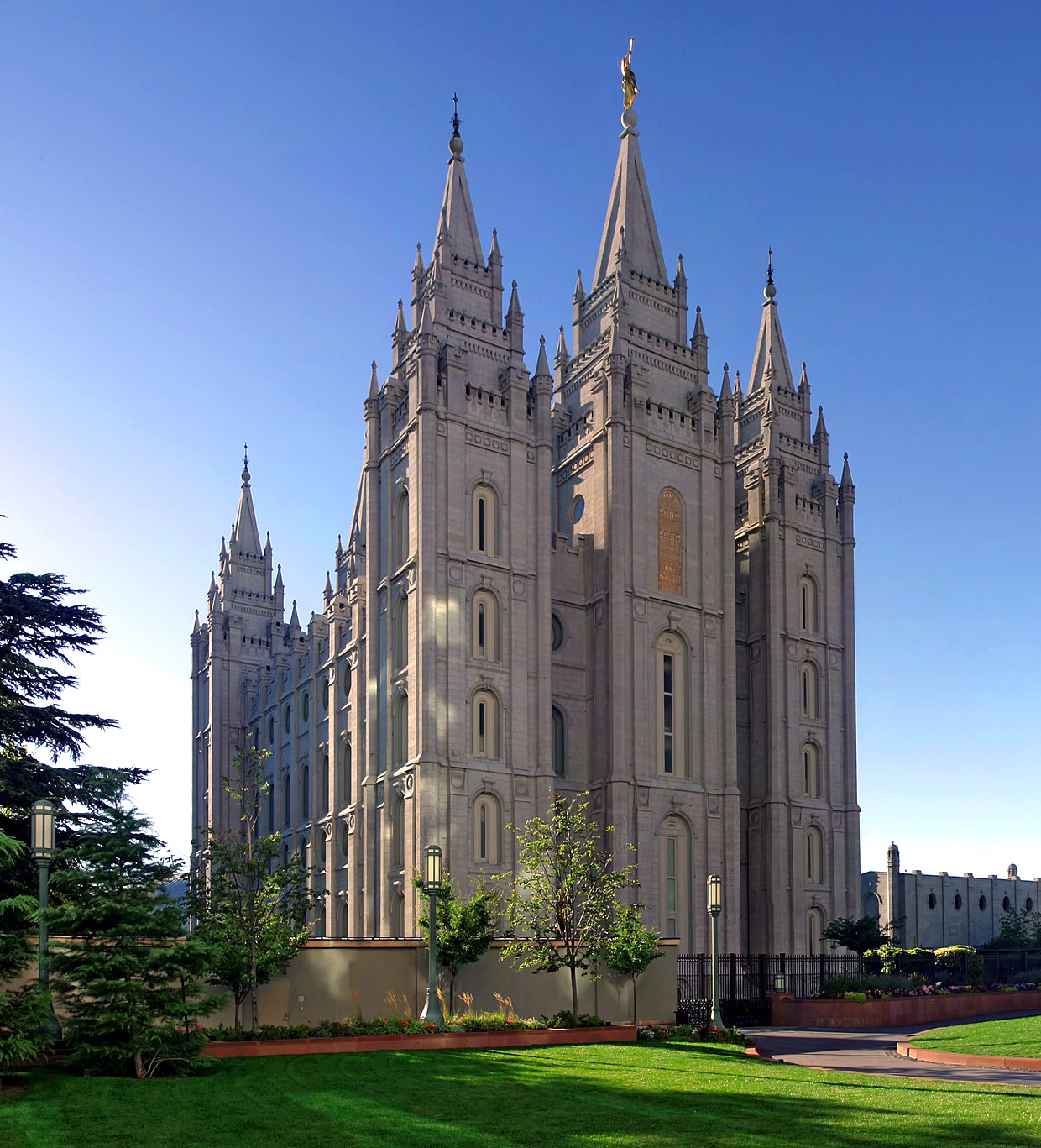COVID-19 vaccine distribution continues in Grand County, with officials from the Southeast Utah Health Department working to vaccinate first responders, hospital staff, school staff and those over 70 years old first.
SEUHD Director Bradon Bradford spoke to the Moab City Council on Jan. 12, explaining that the health department does not have enough vaccines to handle the current demand—the department receives around 300 vaccines per week for Grand County from the state.
“The problem for us right now isn’t staffing, it’s that we don’t have enough vaccines to go around,” Bradford said. “Looking forward to March and April when there are more vaccines available, we will need to have some other partners involved in distribution.”
Officials estimate vaccinations for residents who do not fall into the priority groups will likely take place between March and July and will be based on underlying conditions, occupation, age and other factors.
Bradford reported that the health department will hold clinics for those 70 years of age and above to be vaccinated on Wednesday and Thursday mornings starting next week.
“It will take ten to eleven weeks to move this vaccine through the entire population,” said Bradford. “Things are progressing rapidly and we’ll be as flexible as we can moving forward.”
All SEUHD staff have reportedly been vaccinated and Jen Sadoff, Moab Regional Hospital CEO, said that 60% of the Moab hospital staff have been vaccinated as of Jan. 11, and that they anticipate reaching 75% by the end of this week. The rest of the hospital’s vaccine doses will be administered according to the Utah Department of Health’s distribution plan.
SEUHD officials anticipate that healthcare workers, long-term care facility staff and residents, K-12 teachers and school staff, all first-responders and Utahns older than 70 will be vaccinated between now and February. Between March and July, the health department will start vaccinating tribal reservation communities, Utahns with underlying medical conditions, racial and ethnic groups at a higher risk of contracting the virus and all other Utahns based on age. This timeline is subject to change based on vaccine availability.
“Even though the vaccine has been promised to an ever-widening group of people, that timeline is going through the end of February for K-12 students and staff, first responders and hospital staff, and those 70 years old or older,” Bradford continued.
SEUHD is following guidance from the Utah Department of Health. Bradford anticipates that after the February vaccinations are administered, the vaccine will be distributed according to age group categories based on the state’s recommendations.
In late 2020, the federal government developed a contract with Walgreens, CVS and CNS Home Health & Hospice to distribute the vaccine to long-term care facilities. However, Bradford mentioned, such a distribution contract was not appropriate for rural communities such as those in southeastern Utah.
“We really wished they had talked with local leadership because we could have indicated that Walgreens and CVS don’t exist in our area,” he said. “The plan wasn’t good for rural areas and was a misplaced effort.”
Bradford assisted in canceling those contracts locally and regional hospitals are uing the extra doses to vaccinate staff and residents in long-term care centers.
The Moab City Council also asked questions about TestUtah, a public-private partnership providing free testing and COVID-19 information. Mostly staffed by volunteers, TestUtah’s rapid testing is free for all Utahns and they do not require insurance information. TestUtah has been coming to Moab twice a week with a mobile testing unit.
“TestUtah has ramped up the number of vans they have out in the new year, and we generally do not find out about those until the morning of,” Bradford said.
As the vaccine rolls out to more and more of the population, SEUHD and Moab Regional Hospital encourage residents to stay vigilant about social distancing, wearing masks and staying safe.
“For what we’ve been able to do, it’s gone smoothly,” Bradford concluded.
If you are 70 years old or older, you can schedule your vaccination appointment online through the SEUHD website, where you can also find the most up-to-date regional information about the COVID-19 vaccine.
Those who show any symptoms of COVID-19 are encouraged to get tested at Moab Regional Hospital. To talk to a nurse about symptoms and schedule a test, call the Moab Regional Hospital COVID-19 hotline at 435-719-3998.



